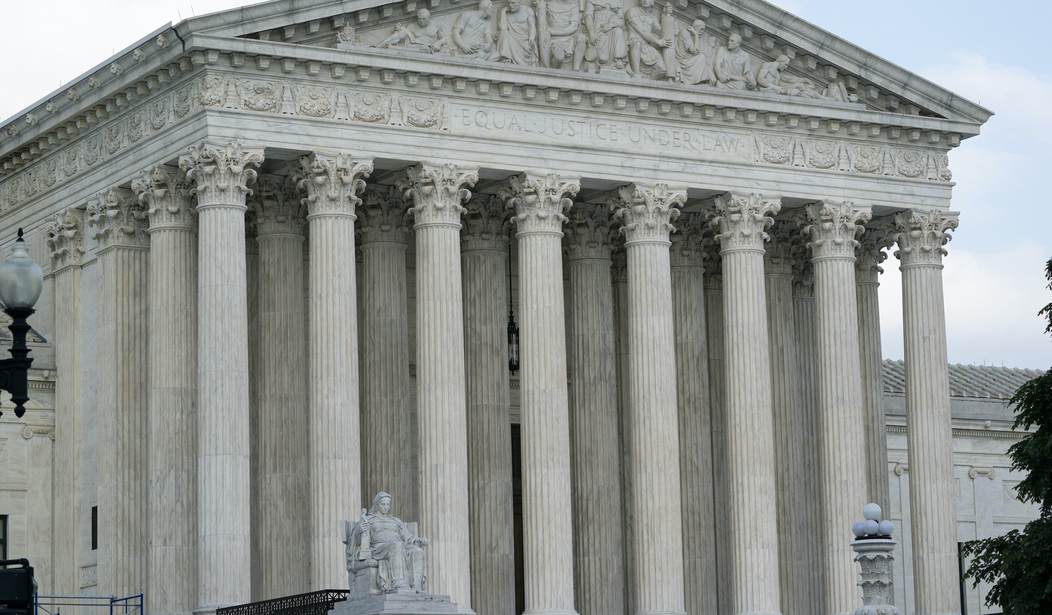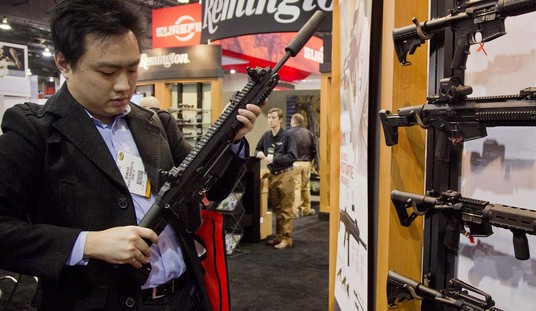There are still Supreme Court decisions coming. While our attention has been focused on Bruen and most others are talking about Dobbs, there are still cases some are waiting on.
But that shouldn’t matter to us, right? I mean, Bruen was the only real Second Amendment case on the docket. There are others the Court is considering hearing, but nothing there would be a decision on it.
And that’s true. Bruen was the only real Second Amendment case this go around.
However, there’s another case where the result could create a serious impact on gun control. That case is West Virginia v. EPA.
This case basically asks whether unelected bureaucrats should be able to establish law via regulation. It’s a challenge of the Chevron Doctrine that gives regulatory agencies fairly broad powers.
The case revolves around environmental concerns, but many believe the impact could be huge. The most extreme case would involve the Court telling the federal government that if Congress doesn’t pass it, it’s not law.
Which would really screw with the ATF.
After all, the ATF is a regulatory agency. They routinely decide if a product is legal or not based on their opinions and impressions, not what the letter of the law says. A prime case in point is bump stocks.
The National Firearms Act defines a machine gun as a firearm capable of firing more than one round with a single action of the trigger. A bump stock does nothing to change the action of a trigger. It simply makes it faster to work the trigger’s action.
Yet, because of political pressure, the agency decided it could no longer be sold because they turned firearms into machine guns, regardless of how the law actually defined such weapons.
Then there’s the current push to ban “ghost guns,” not through congressional action but regulation. It’s possible that West Virginia v. EPA could put an end to that effort as well.
And, of course, all of this is great news for the Second Amendment.
As things currently stand, Congress has already passed all the gun control it’s likely to pass. It’s not substantial, though it’s still problematic from a Second Amendment standpoint. However, it’s not nearly what gun control advocates want to see.
Yet, they also know they’re not likely to get more out of Congress as it currently stands, and the more realistic among them know that the midterms aren’t likely to improve their chances any.
That means any assault on the Second Amendment must come via regulation, which President Joe Biden can essentially cram through on his own.
What the West Virginia case could potentially do is drastically limit his ability to do even that, thus preserving our Second Amendment rights.
Whereas Bruen was, from a policy standpoint, rather limited, West Virginia stands to completely upend firearm regulations in this country for generations to come.
Imagine a world where Congress actually had to pass the rules surrounding guns for a moment. Do you really think some of the current regulations would ever come about? A few might, especially if tacked onto some other bill and snuck in that way, but most wouldn’t.
And that would make it a lot easier to navigate what people can and can’t do. As it is, some people may violate federal regulations, thus federal law, without even realizing it. That’s a huge problem, and this decision could actually prevent a lot of that.
Now, the question is whether the ruling we actually see will do anything like that.
That remains to be seen. Again, this is if the Court basically goes scorched earth on the regulatory state, and while I think there are justices who would be down with that – looking at you, Justice Thomas – I’m not sure there are enough to carry the day.
We’ll have to wait and see.








